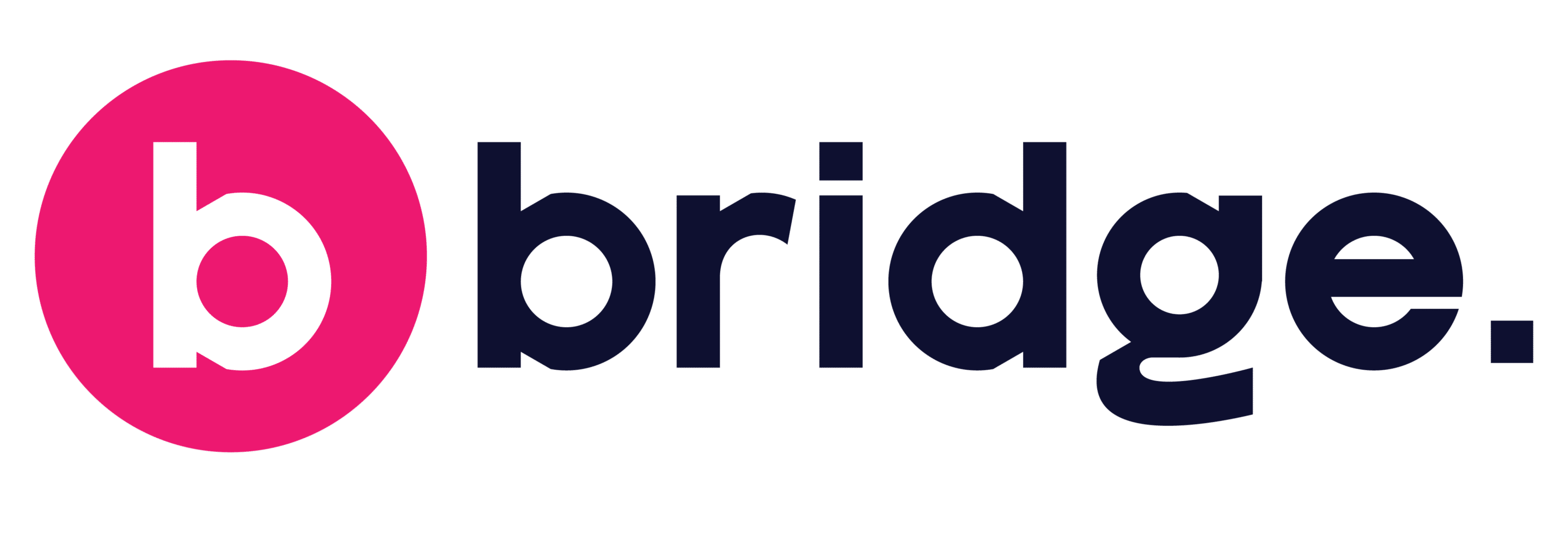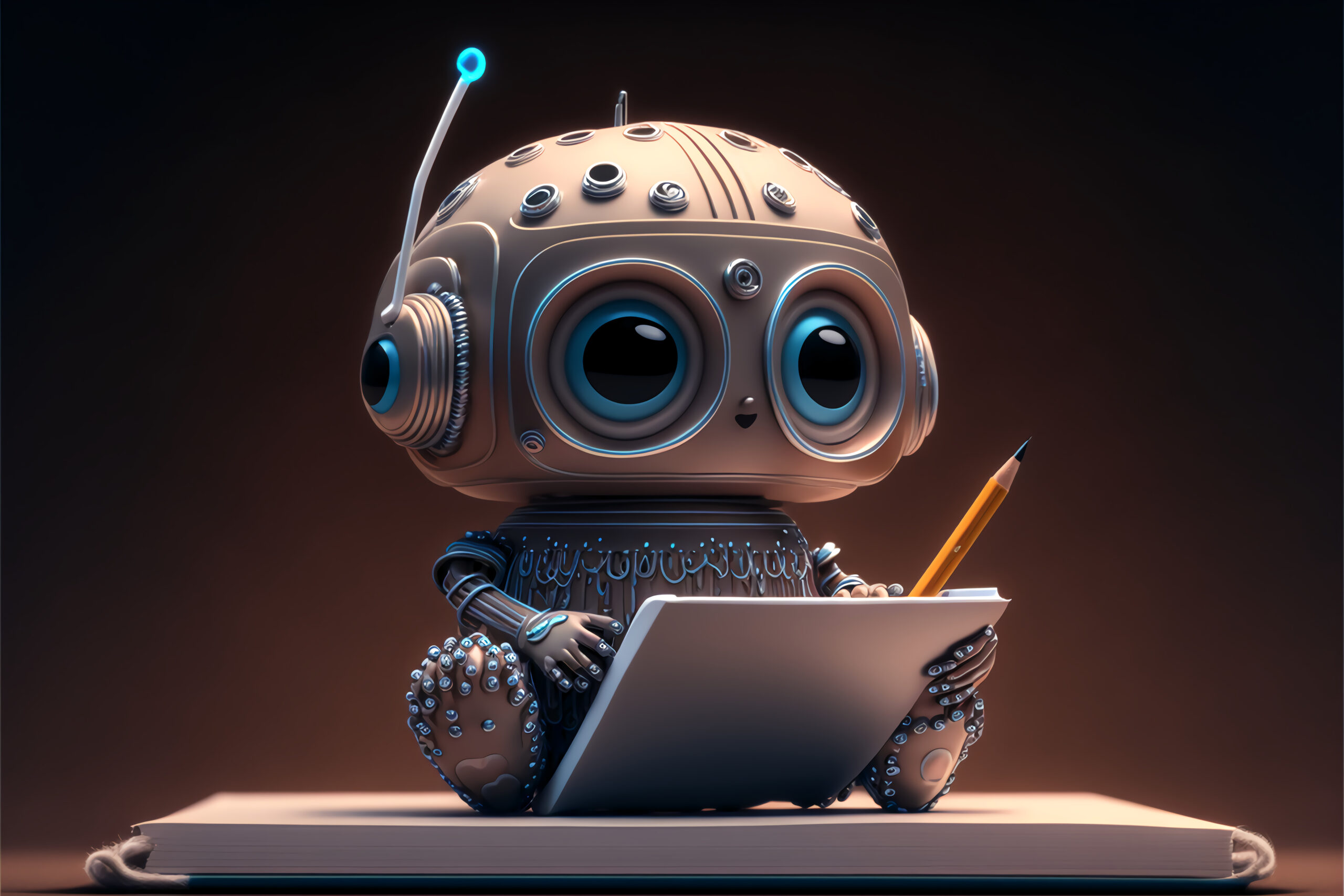Services like ChatGPT are the publics first window into the pandoras box that the industrial revolution 3.0 could be: there will be winners and losers and, no doubt, some jobs will be replaced by AI, but, it will be those companies and individuals who learn to use generative AI and adapt to this brave new world that will be the winners.
The most resilient roles will be those that require a face to face interaction and physical skills that cannot be replaced by AI. So trades, such as plasterer, electrician, mechanic etc, along with services – everything from hairdressers to chiropodists – will continue to rely on human understanding of the task and human ability to deliver it. Hospitality, for example, will still need people as chefs, waiters, chamber maids etc., and in healthcare we will still need doctors, nurses, dentists and the huge array of specialist practitioners that look after us.

It’s really in the knowledge economy that ChatGPT and the technology that follow presents the biggest threat… but also the greatest opportunity. Currently, this AI capability is the equivalent of a toddler that we are teaching how to behave and what to do. And, just like a toddler, it is learning exponentially – with every interaction and everything we feed into it, ChatGPT is becoming more capable and building on experience. The global community is driving how quickly ChatGPT learns and what it learns, so the jobs that are replaced or evolve the fastest will very much depend on how people use the technology.
Here in the UK, where we have a service-led economy and a culture of hard work, ingenuity and adapting to change. There is a massive opportunity to use ChatGPT to generate new opportunities for roles and industries that don’t exist yet. We are a nation that has a history of turning a problem into a profit opportunity and, in the short term, what ChatGPT can do is enable companies and individuals to transform productivity so that more work can be done in less time.
For example, when researching an article, a journalist could ask ChatGPT to gather research and put together a first draft, cutting down the legwork before they finesse the content to make it engaging and unique. For me as a recruitment consultant, AI cannot replace the human interaction I need with a hiring manager to understand what’s important in a role and write the job specification, but once that job spec is written, I can put it into ChatGPT to write the outreach email to candidates, which I will then only need to tweak, rather than drafting it from scratch.
It’s examples like this, of how we can think smarter to use AI to enhance our capabilities and make us more efficient that will help the workplace – and the economy – to benefit from tech like ChatGPT. And there are already mature examples of how some sectors have been doing just that, with a major energy provider, for example, using Blue Prism, a robotic process automation tool, to enable bots to process invoices, enabling the company to manage its accounts more efficiently and accurately with fewer people.
Rather than feeling threatened that ChatGPT will steal our jobs in the future, the focus should be on how we can adapt to an AI-enabled workplace to help us do our jobs better and improve productivity, perhaps even enabling us to achieve the work/life balance Holy Grail that has been so elusive in so many sectors. For example, a lawyer could use ChatGPT to research case law and generate court documents, but their experience in understanding that research and interacting with clients will still be necessary and high value. Similarly, a teacher might use ChatGPT to generate lesson plans but the personal interface between student and teacher in the classroom will still be at the heart of that role.
For many jobs, ChatGPT will be a solution to onerous, and often time-intensive language and knowledge-based tasks. So for sales people, for example, it can provide a tool for lead generation, but the personal rapport between sales professional and customer will still be needed to close the deal.
Whether this tech becomes a threat or an opportunity is all down to who is using it and how – as a force, it has the limitless potential of a Jedi, as much as it does the possibility of turning to the Dark Side.
Comments from Andy Wadsworth, director at The Bridge, part of Morson Group
We are pathfinders. Our team are bound by one purpose; finding the right opportunities for the candidates and contractors we engage with every day and enabling tech pathways for all.
Whether you are an experienced professional seeking a new opportunity, a recent graduate looking to take your first career steps or just want advice on how to get into tech… we’re here to help you find your path.

